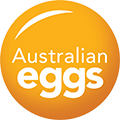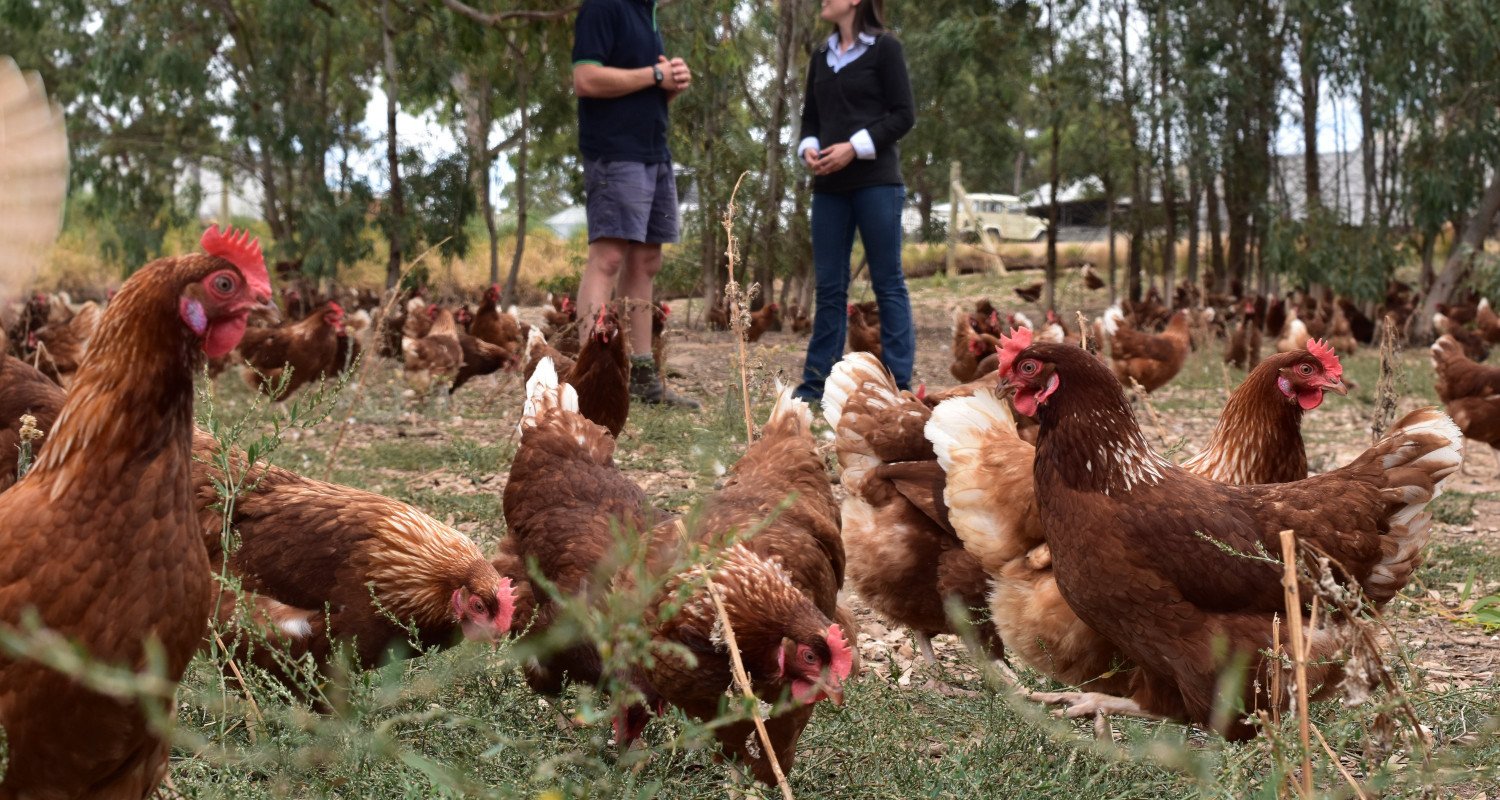
Evaluation of vaccination program options against Salmonella Enteritidis 7A in laying hens in Australia
- Organisation Scolexia Pty Ltd
- Full Report
- Publication
- Researchers Peter C. Scott, Timothy Wilson, José A. Quinteros, Arif Anwar, Tyrone Scott, Pollob Shill, and Amir H. Noormohammadi
- Categories
Evaluation of vaccination program options against Salmonella Enteritidis 7A in laying hens in Australia
The Salmonella Enteritidis (SE) autogenous vaccine was able to induce a significant immune response in the vaccinated hens. There was a partial decrease in bacterial shedding in the vaccinated groups, but differences were not significant. The Salmonella Typhimurium + SE vaccination program caused a significant reduction in the SE colonisation of the caeca, and a 100% reduction in the SE isolated from the ovarian follicle.
The results of this study indicated that SE control is possible using a combination of the current registered live ST vaccines and an SE killed autogenous vaccine. A 'Stage two' of this project tested the long- term protection of the combination vaccination program.
Recently, public concerns have been raised after cases of gastroenteritis associated with the consumption of table eggs in Australia. These cases were traced back to farms where Salmonella Enteritidis (SE) infection was confirmed. Based on the experience of other countries, the best measure to prevent the infection of chickens is by vaccinating the hens with a program including both live and attenuated SE vaccines. However, Australia does not have approved live or attenuated SE vaccines.
This project tested three different vaccination programs for their efficacy in SE prevention in laying hens. The first vaccination program included two applications of commercial live Salmonella Typhimurium vaccines; the second, two applications of SE autogenous vaccine made at ACE laboratories; and the third vaccination program used a combination of the first two programs.
In Stage two of the project the long- term protection of the third vaccination program: live Salmonella Typhimurium vaccine in conjunction with autogenous Salmonella Enteritidis vaccine, was assessed.
In Stage two, vaccinated hens were challenged 35 weeks after their second vaccination. Researchers found that the vaccination program induced a humoral immune response which was sustained until 35 weeks after the vaccination. However, at this time there was also no differences in faecal shedding and SE colonisation between vaccinated and non- vaccinated hens.
 >
> 